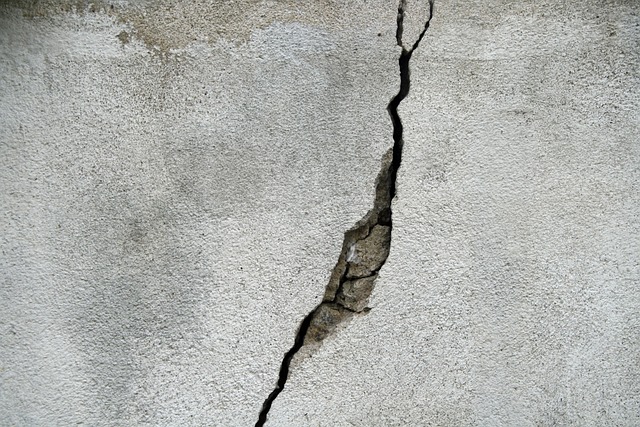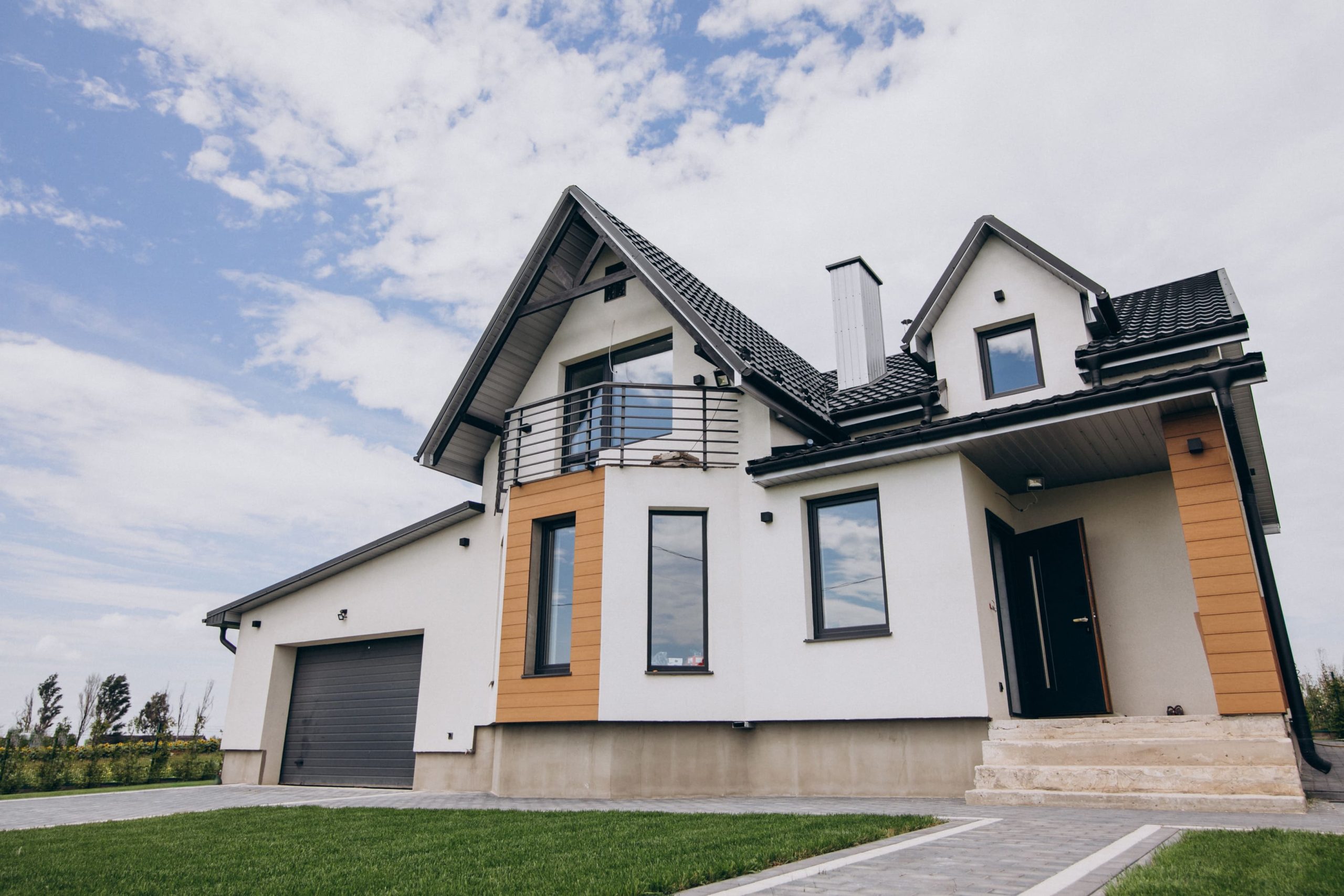House foundation repair is a serious concern for homeowners. If it is not addressed promptly, it can lead to severe structural damage. It may also reduce the home’s value. Professionals specialising in foundation repair in Belleville, Ontario, can help you find the right solution for your problem. They can take the stress out of the process and ensure the job is done correctly.
Homeowners should understand the factors that affect foundation repair costs. It helps them decide which solution is best for their homes. It also allows them to avoid costly repairs in the future.
Soil Condition
The type of soil has a significant impact on how much it will cost to fix a house’s foundation. Different soil types have varying load-bearing capacities and stability. If the soil is weak or prone to shifting, it may require more extensive and expensive house foundation repair in Ontario. Local weather conditions are another factor that influences foundation repair costs. Extreme temperatures and rainfall can put stress on the foundation, causing it to shift or crack. These effects can be mitigated by implementing preventive measures, such as installing drainage systems and waterproofing membranes.
The size and severity of the cracks also influence the repair method and cost. Minor cracks that don’t pose structural risks can be left alone and monitored, while major structural issues require more comprehensive repair methods like underpinning. The location of the cracks is also important. If they’re located near load-bearing walls or critical structural areas, it may be necessary to reinforce them with steel beams and concrete piers, which will increase the project’s overall cost.
It’s crucial to address foundation problems promptly to ensure the safety and long-term value of your home. If you notice any signs of damage, contact a local professional for a foundation inspection and estimate. They’ll be able to recommend the right repair options for your situation.
Weather Conditions
Extreme weather conditions, such as heavy rains and cold temperatures, can have a major impact on your foundation. The weather changes the soil quality and creates a different pressure on your home’s foundation, leading to cracks and other forms of damage. Taking preventative measures against these problems is vital to your house’s foundation’s health.
High winds can also damage your foundation. Wind pressure may cause an uplift when the wind flows over your roof and separates it from the foundation. Over time, this can shift your house’s weight and cause it to tilt or rotate. This movement can worsen existing cracks and create new ones.
When the weather turns cold, the ground and concrete expand. This causes the cracks to widen and put more pressure on your house’s foundation. To minimise this effect, ensure that your gutters are well-maintained and pointed away from your house’s foundation. Also, check your grading to see if it is draining properly.
The hot summer months can also be problematic for your foundation. Excessive heat and lack of rainfall make the soil around your foundation dry out, causing it to pull away from the house. This can weaken your foundation and create a space for water to leak into the basement. To reduce this problem, ensure your gutters are well-maintained and regularly clean them to avoid overflowing. You can also use sprinklers to help keep the soil moisture level consistent around your foundation.
The Severity of the Damage
Foundation damage that isn’t repaired can lead to crooked walls and ceilings, doors that won’t open or latch, bowed floors, and other safety hazards in your home. It’s important to call a local foundation specialist as soon as you notice any signs of foundation problems, especially if you plan to sell your house in the future.
The size and severity of the cracks in your house’s foundation will affect how much it costs to repair them. Small cracks that haven’t grown into load-bearing walls or critical structural areas are generally less expensive to fix than larger cracks. Also, the location of the cracks in relation to the foundation is a factor as well. Cracks located closer to the foundation will require more extensive repairs, such as underpinning, and are, therefore, typically more costly.
Depending on the severity of the damage, you may need to have a structural engineer come out and inspect your property for you. This will cost extra, but it is usually a good idea in order to get a full understanding of the root cause of your foundation issues and to provide you with the evidence you can use when filing an insurance claim. Also, the engineer’s report will help you determine how extensive your repairs need to be. In most cases, your foundation repair contractor will include this report in the overall price they quote you.
Repair Options
Foundation Waterproofing is also an essential aspect of maintaining a strong and stable foundation. Waterproofing your foundation helps protect it from moisture and water damage, which can compromise its integrity.
When it comes to foundation crack repair, a variety of options can be considered. These include underpinning, piering, and foundation jacking. These methods involve drilling pillars into the ground underneath or around the basement in order to help support the weight of the house. The cost of these repairs can vary depending on how many piers are needed, as well as the size of the home itself.
The severity of the damage also plays a role in how much it will cost to repair the foundation. For instance, vertical cracks are typically considered minor and don’t pose a significant structural threat. However, horizontal cracks often indicate a serious problem and should be professionally inspected by a professional to determine the best course of action.
Regardless of the type of damage, it is important to act quickly and seek professional inspections and estimates before the situation worsens. Early detection of a foundation issue can help avoid costly repairs in the future. Common signs of a damaged foundation include cracks in exterior brick or stucco walls, gaps at the bottom of interior block walls, doors, and windows that no longer open easily, and sloped floors and ceilings. If you notice any of these signs, it is highly recommended to contact a foundation repair specialist for an inspection and recommendations.




